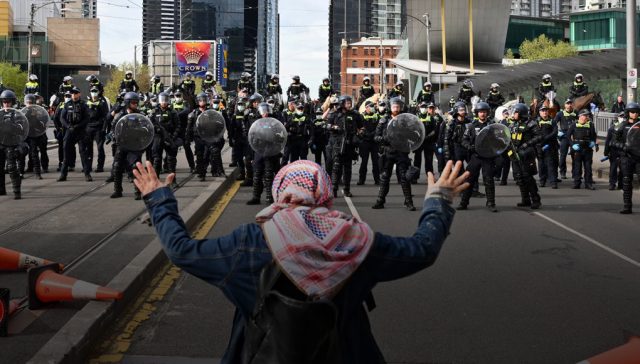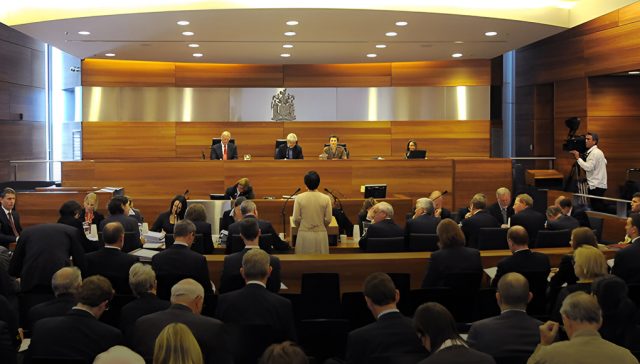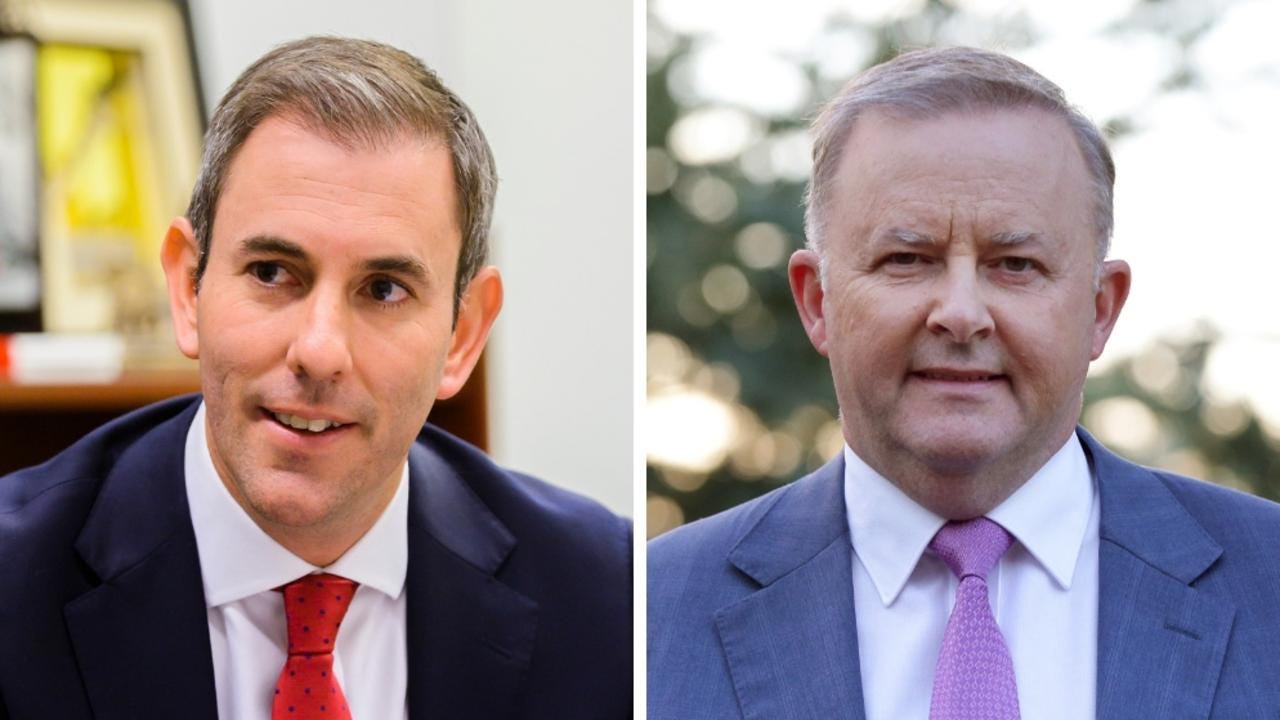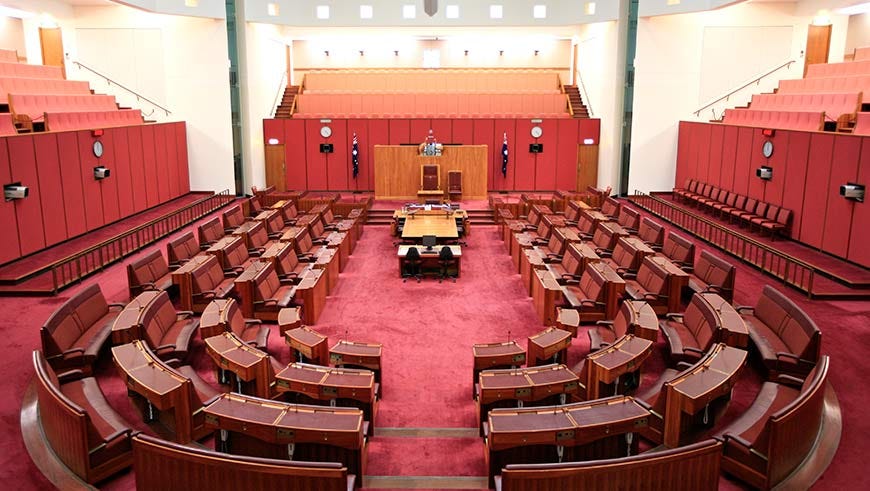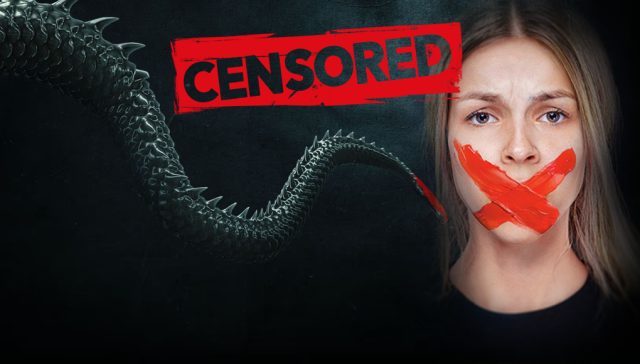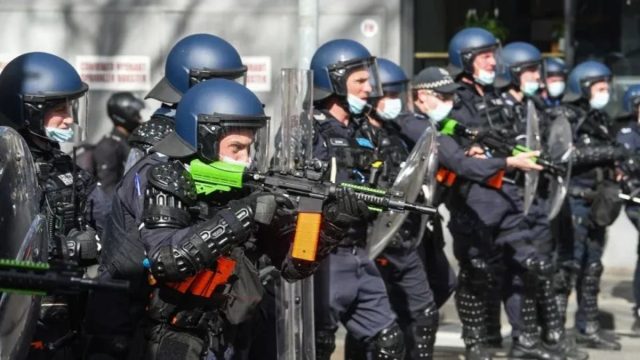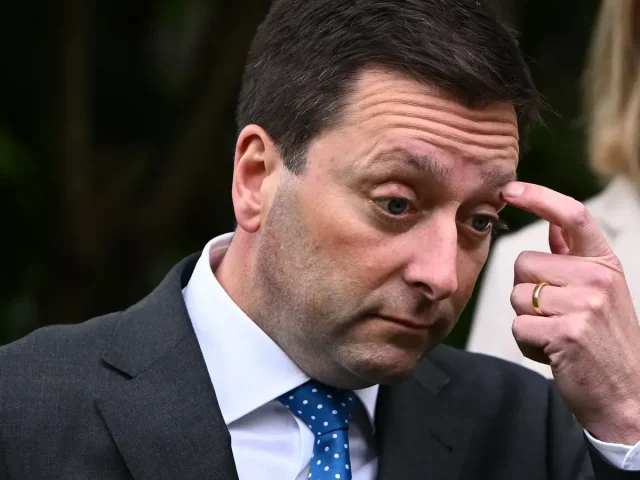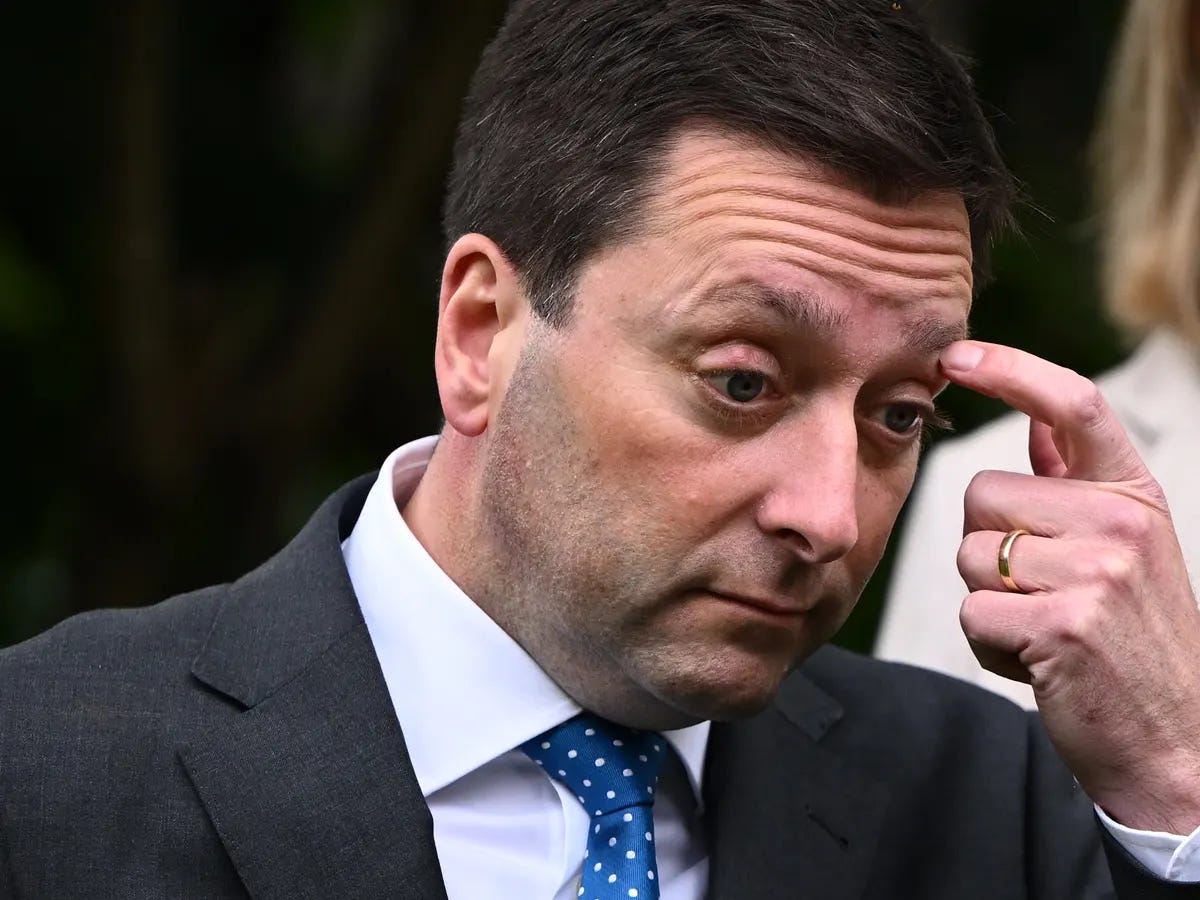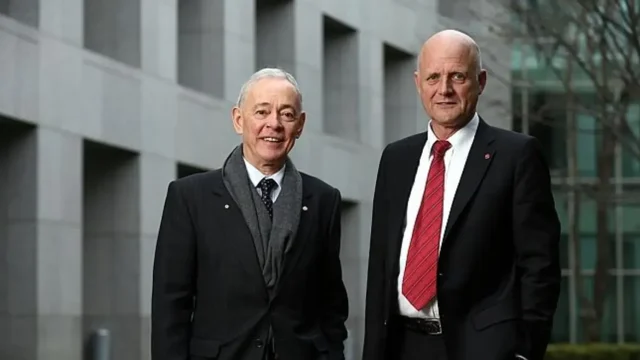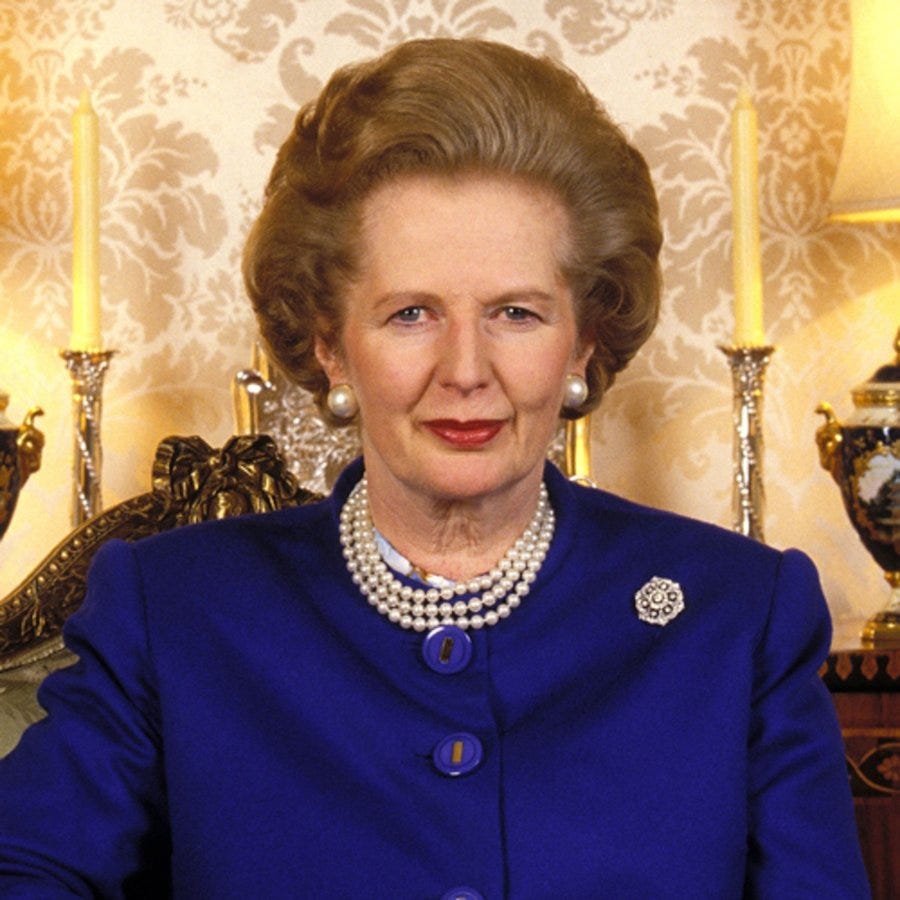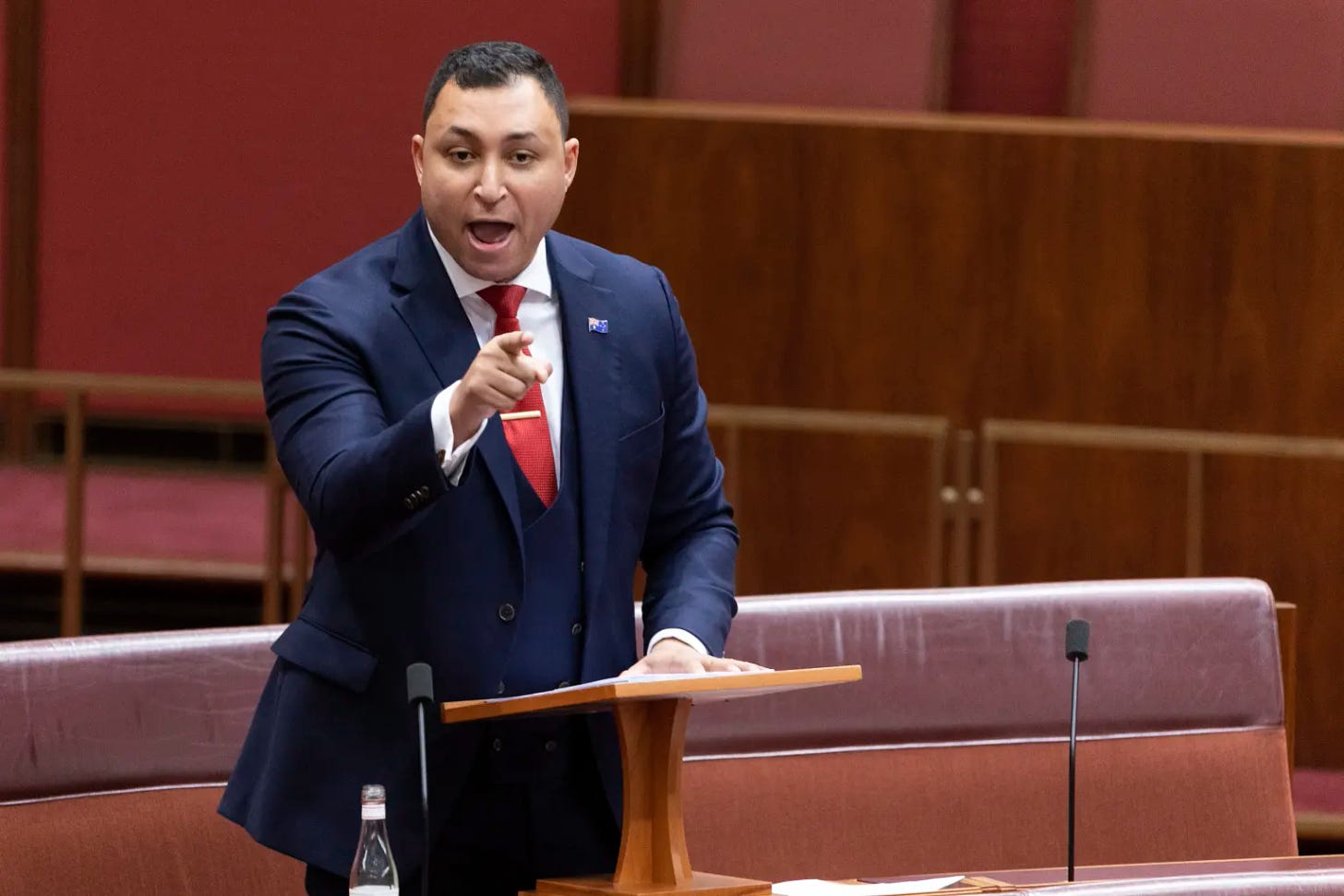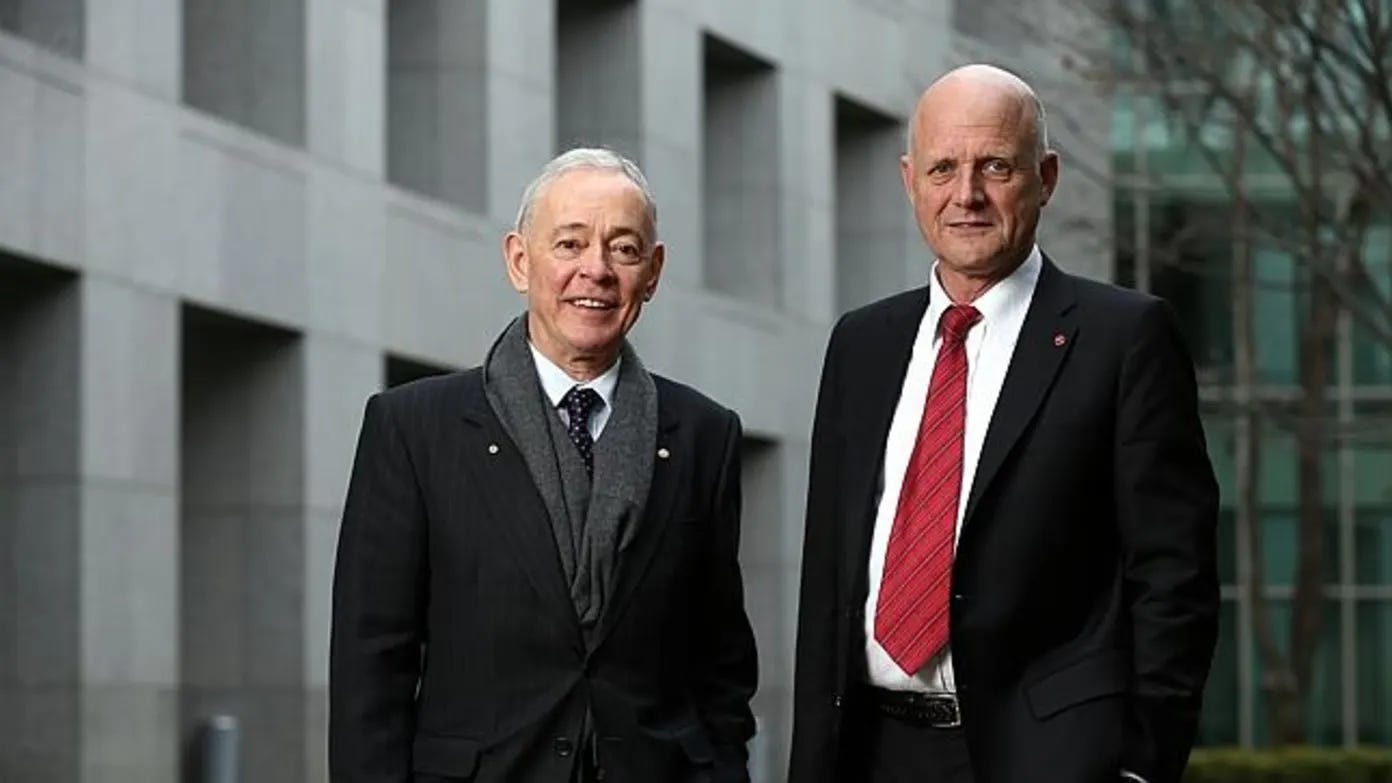Bacon Sandwiches, Sausage Sizzles and Red Tape
On Saturday the 5th of October 2024, a friend and I were visiting Melbourne when we decided to attend an anti ACMA bill protest being held on that day. Upon arrival, I noticed a sausage sizzle but was disappointed to find there were no bacon sandwiches, just sausages in bread.
Later I went up to the stall to suggest they add bacon sandwiches to their next sausage sizzle. I was informed that bacon sandwiches required separate permits to sell at community events, with the bacon sandwich permit being more difficult to obtain.
I walked away feeling slightly annoyed that I could not buy a bacon sandwich because of some stupid government rule. It may not be the worst of government transgressions, but it is certainly a great example of regulations and red tape having an inconvenient effect on everyday life.
Although some council bureaucrats responded to my question in a manner that easily answered my question
Upon returning to my home city of Adelaide, I decided to contact a range of councils in South Australia and the rest of Australia to see how common it is to require separate permits to sell sausages and bacon sandwiches. I contacted all the councils below on the 8th of October 2024.
Below is the following enquiry I sent them:
“Hello,
I was just wondering, if I were to organise a community event or help organise a community event such as a community footy game or even a protest, would I require separate permits to sell both sausages in bread and bacon sandwiches at a stand or would I be able to sell both sausages in bread and bacon sandwiches on the same permit?
Thank you
Jessica Colby.”
Although some council bureaucrats responded to my question in a manner that easily answered my question, some did not, and some were even unsure whether bacon or sausage sandwiches could be sold under the same permit as if this was an extremely difficult question.
Many responded mentioning event permits. I would reply to these emails asking whether I would be able to sell bacon sandwiches and sausages in bread under the same permit or would I require separate permits. Some did eventually answer my question although that wasn’t always the case.
Some gave answers that were confusing and even contradictory. A few would direct me to other people or tell me to contact some government health organisation and say they were unsure. A few insisted on speaking on the phone rather than email and one even told me to contact some other authority about getting other permits before they would further discuss my question.
I believe that this example illustrates how red tape unnecessarily restricts our everyday lives and makes things that should be simple more complicated than they need to be. Explaining how government overreach affects our lives at the daily level is a great way to mobilise the community against government overreach.
Below I have created a chart of council areas in South Australia and around Australia showing my attempts to interpret the responses I received from council bureaucrats as of the 18th of October 2024.
Yes: Separate permits required to sell bacon sandwiches and sausages in bread.
Bacon sandwiches required separate permits to sell at community events
No: Bacon sandwiches and sausages in bread can be sold under the same permit.
Inc: This covers a range of responses including an unclear answer, or I found confusing, no clear response or I was directed to someone else. This also includes responses where I asked them to clarify their response, and was still waiting on a further response as of the 18th of October 2024.
NR: No response as of the 18th of October 2024 other than automated replies and updates that my enquiry was being transferred to some other council representative to answer it.
N/A: Turns out Sydney does not permit food to be sold at community events or protests.
| Council Area | State | Separate permit required to serve bacon sandwiches and sausages in bread | Notes |
| City of Adelaide | SA | Inc | |
| City of Burnside | SA | No | Must be under same marque or kitchen to use same permit to be covered under same notification |
| City of Campbeltown | SA | Inc | Told to contact Eastern Health Authority |
| City of Charles Sturt | SA | Inc | Likely yes |
| Town of Gawler | SA | No | |
| Town of Walkerville | SA | NR | |
| Adelaide Hills Council | SA | Inc | Given a list of people to contact |
| City of Marion | SA | No | |
| City of Mitcham | SA | Inc | Likely yes but not 100% sure |
| City of Norwood, Payneham & St Peters | SA | NR | |
| City of Onkaparinga | SA | No | |
| City of Playford | SA | Inc | |
| City of Prospect | SA | Inc | |
| City of Salisbury | SA | No | |
| City of Tea Tree Gully | SA | No |
| City of Unley | SA | No | |
| City of West Torrens | SA | No | |
| Mid Murrey Council | SA | No | |
| City of Port Augusta | SA | No | |
| City of Port Lincoln | SA | No | |
| Flinders Ranges Council | SA | No | |
| District Council of Mount Barker | SA | No | As long as all the food sold at the stall is listed on the one application form, only one permit will be required for all. |
| Berri Barmera Council | SA | NR |
| District Council of Loxton Waikerie | SA | NR | |
| District Council of Grant | SA | NR | |
| Roxby Council | SA | No | Need FBN number |
| City of Hobart | TAS | No | |
| Tasman Council | TAS | No | |
| North Canberra Community Council | ACT | Inc | Told to contact Access Canberra |
| City of Darwin | NT | Inc | Told to contact Northern Territory Health Department |
| Alice Springs Town Council | NT | Inc | Was told to contact NTG Health as the council officer was unsure on the specifics of whether both can be cooked under the same permit. |
| City of Perth | WA | NR | |
| City of Bunbury | WA | No | |
| City of Greater Geraldton | WA | No | |
| City of Rockingham | WA | No | Sausage sizzles need one permit that includes both bacon sandwiches and sausages in bread |
| Shire of Broome | WA | No | |
| Brisbane City Council | QLD | No | |
| Sunshine Coast Council | QLD | NR | |
| Cairnes Regional Council | QLD | NR |
| City of Townsville | QLD | No | Need a separate permit for every separate food stand |
| City of Melbourne | VIC | Yes | |
| Yarra City Council | VIC | No | |
| Maribyrnong City Council | VIC | Yes | |
| Whitehorse City Council | VIC | NR | |
| City of Greater Geelong | VIC | NR | |
| City of Greater Bendigo | VIC | No | |
| West Wimmera Shire Council | VIC | Yes |
| Mildura Rural City Council | VIC | NR | |
| City of Sydney | NSW | N/A | Food cannot be sold be sold at community events or protests in Sydney |
| Georges River Council | NSW | Inc | |
| Waverly Council | NSW | Inc | |
| City of Wagga Wagga | NSW | No | |
| Broken Hill City Council | NSW | No | |
| City of Wollongong | NSW | No | |
| Dubbo Regional Council | NSW | Inc | Was told in the final email that ‘there is no such thing as a permit’ ??? |

Jessica Colby is a young libertarian advocate who has been passionate about political issues from an early age. She became involved in the Libertarian Party shortly after turning 18 and is now Treasurer of the South Australian branch.






